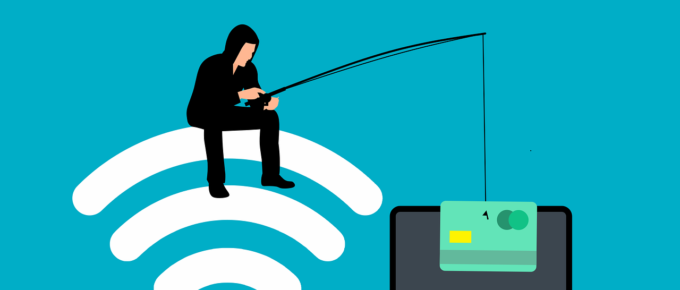Did you know that cute face could be the lure to pull you into a scam? Animal adoption scams have become big business in the wake of Covid-19. Learn how to spot them and how to avoid them.
Animal adoption scams – how to spot and avoid them
Tell a Friend
If you liked this post, please be sure to share it with a friend! Send an email or share with Facebook, X, or LInkedIn.









Recent Comments